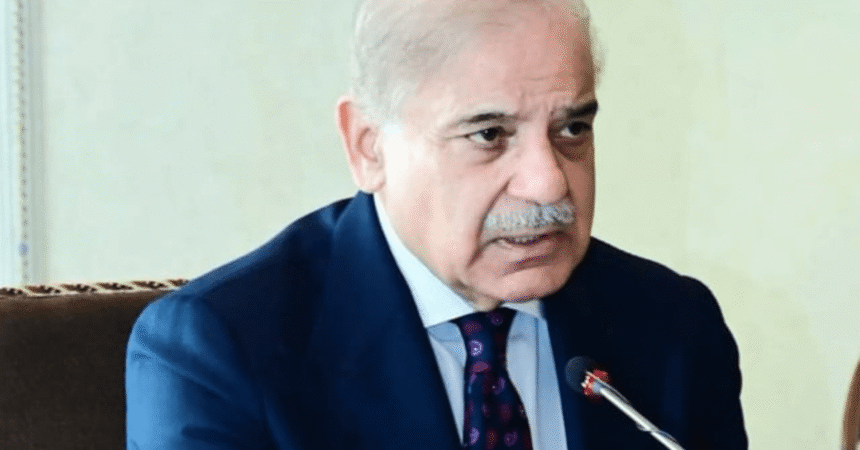In a bold move to reduce its reliance on fossil fuels and mitigate environmental impact, Pakistan has unveiled an ambitious plan to promote electric vehicles (EVs) across the country. Prime Minister Shahbaz Sharif has announced a comprehensive strategy to boost EV adoption, aiming to transform the nation’s transportation sector and pave the way for a sustainable future.
At the heart of this initiative is the development of a comprehensive financial model for EVs, designed to incentivize manufacturers and encourage consumers to make the switch. The government has already issued 49 licenses for EV production, with 25 factories commencing production. The first locally-made electric car is expected to hit the roads by December 2024, marking a significant milestone in Pakistan’s journey towards sustainable transportation.
But that’s not all. The government has also announced plans to distribute e-motorbikes to high-performing students in government schools, mirroring the successful laptop scheme. This move aims to promote education and sustainability, empowering young minds to drive change. Moreover, all federal ministries have been instructed to exclusively purchase electric motorbikes for official use, setting a precedent for environmentally-friendly governance.
The Capital Development Authority (CDA) has been tasked with preparing a comprehensive plan for electric public transport in Islamabad, revolutionizing the way citizens move around the capital city. Charging stations will be prioritized along major highways and motorways, ensuring seamless connectivity and convenience for EV owners.
This ambitious plan has been welcomed by environmentalists and industry experts alike, who hail it as a significant step towards reducing Pakistan’s carbon footprint. With 45,000 two- and three-wheel electric vehicles already on the roads, and 2,600 four-wheel EVs joining the fleet, the country is poised to make a substantial impact on global emissions.
But what does this mean for the average Pakistani citizen? For starters, EVs offer a cost-effective alternative to traditional fossil fuel-based vehicles, reducing fuel costs and minimizing maintenance expenses. Moreover, EVs produce zero tailpipe emissions, significantly reducing air pollution and contributing to a healthier environment.
As Pakistan continues to grapple with the challenges of climate change, this initiative offers a beacon of hope. By embracing sustainable transportation, the country can reduce its reliance on imported fuels, conserve precious foreign exchange, and create new economic opportunities.
However, there are challenges ahead. The government must address concerns around infrastructure, ensuring that charging stations are accessible and convenient. Additionally, public awareness campaigns will be crucial in educating citizens about the benefits of EVs and promoting adoption.
In conclusion, Pakistan’s ambitious plan to promote electric vehicles marks a significant turning point in the nation’s journey towards sustainability. With a comprehensive strategy in place, the country is poised to revolutionize its transportation sector, reduce emissions, and create a better future for generations to come.
#ElectricVehicles #SustainableTransportation #PakistanGoesGreen #ClimateAction #EnvironmentalProtection #TransportationRevolution #Sustainability #GreenFuture







